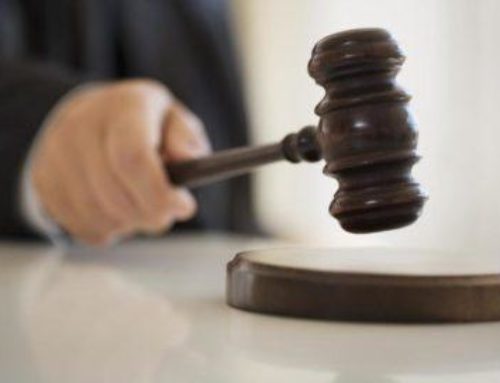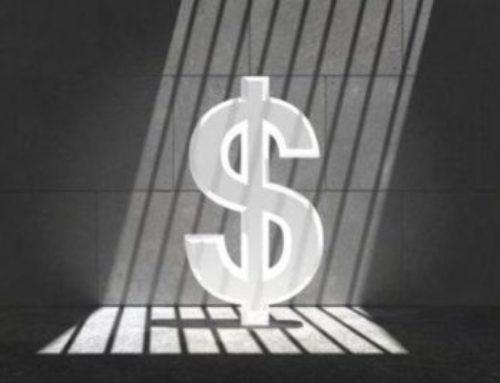According to the rules of the Fair Debt Collection Practices Act (FDCPA), creditors are not allowed to contact third parties, except for a debtor’s spouse, personal representative or attorney, in an effort to collect debts. In prior years, this has created a conundrum when it came to trying to collect debts owed by a person who had passed away, particularly if there was not a formal executor or probate manager to deal with. To try to solve this problem, the FTC has stated that creditors may contact any of the following individuals in the event that a debtor dies:
- Representatives in informal probate procedures
- Universal successors
- People who sign declarations to transfer the assets of an estate
- People who manage the assets of an estate
Additionally, the FTC’s final ruling on dealing with debt from a deceased individual:
- There is no “cooling off” period that creditors are required to wait through before contacting the appropriate parties in an effort to collect debt.
- Creditors must act in good faith to research the appropriate party to contact about a decedent’s debt.
- Creditors must abide by all other terms of the FDCPA when contacting the appropriate party about a deceased individual’s debt; this means that debt collectors can not use profane language, must clearly identify themselves during each point of contact, may not attempt to contact individuals between the hours of 9 P.M. and 8 A.M., etc.
One key element that the FTC has not yet issued an official statement or policy on is whether or not creditors will be obliged to specify that the individual who is contacted regarding a deceased individual’s debt is only obligated to pay that debt from the decedent’s estate’s assets; the individual is not required to use his own assets to settle any outstanding debts. With this issue and a number of other ones still ambiguous in terms of collecting debts owed by deceased parties, it is clear that the FTC has only started to define and deal with this specific area of the FDCPA.











